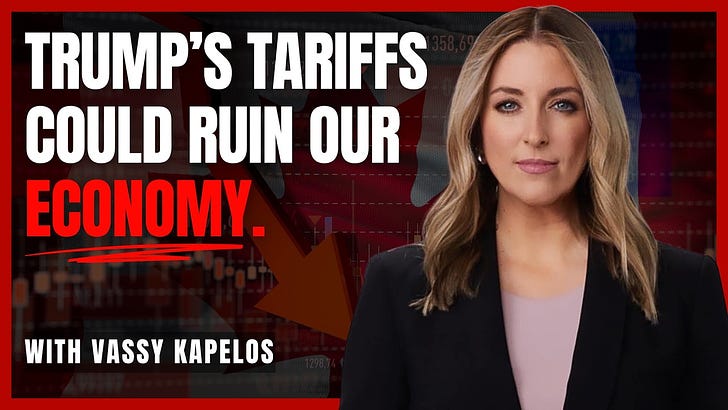Trump Tariffs: How a 25% Tariff Threat Could Impact Canada’s Economy & Shape the Next Election
🎧 Podcast Episode 180 with Vassy Kapelos
Keep reading with a 7-day free trial
Subscribe to Nuanced. to keep reading this post and get 7 days of free access to the full post archives.



